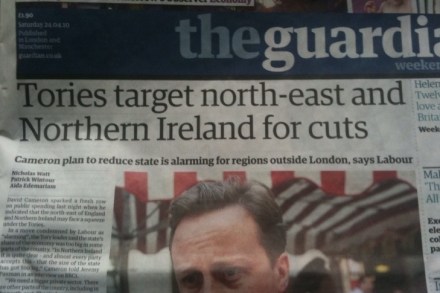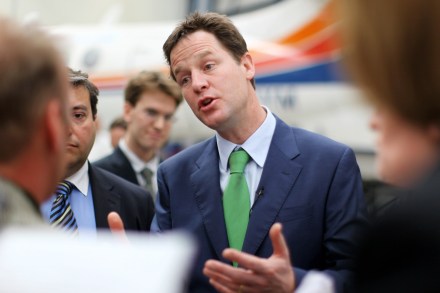Latest projections confirm deepening Labour decline, will it be terminal?
Well no surprise there – the Politics Home poll projection suggests that the Tory recovery, started by Cameron on Thursday night, comes at the expense of Labour but remains indecisive: ‘In the new projection, which incorporates all polls published up to and including Sunday 25th April, The Conservatives would be thirty six short of a majority, with 289 seats – 11 more than they were projected to win last week. Labour are projected to win 234 seats and the Lib Dems 94. Labour’s projected total has fallen by nine, while the Lib Dem total has fallen by four. The Tories are projected to gain a 35.1 per cent share of

















